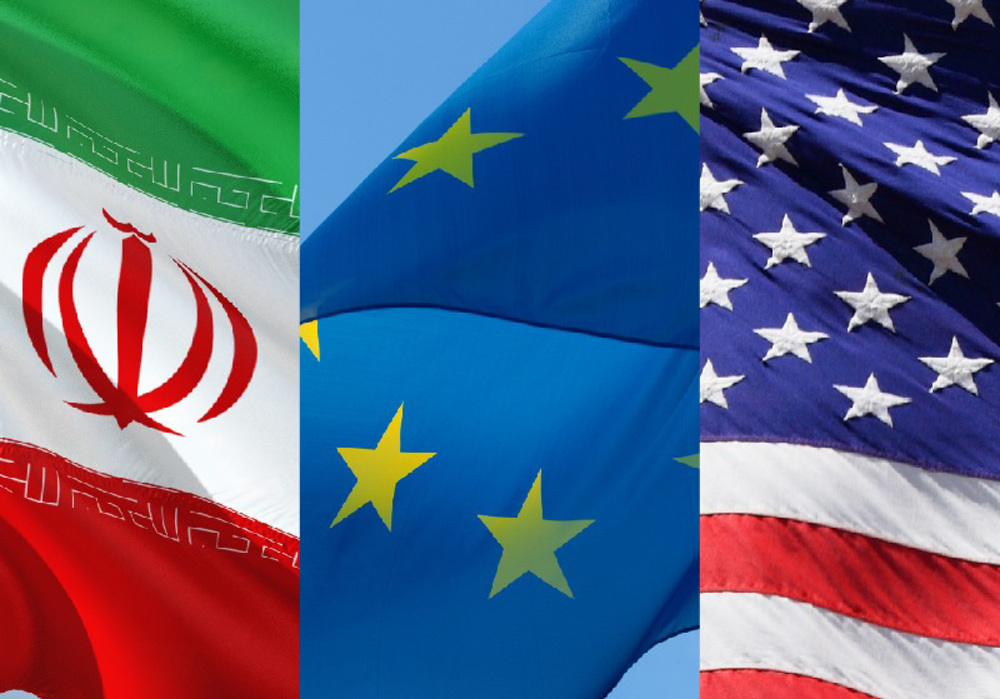Spain bars ex-Catalan leader from EU polls
Election authorities have banned Catalonia's former president Carles Puigdemont, who fled Spain in 2017 after a secession attempt, from running in EU polls, his party says.
Puigdemont and two other exiled candidates from his Junts per Catalunya (Together for Catalonia) party said in a statement the commission upheld an appeal against their candidacies lodged by the conservative People's Party and center-right Ciudadanos.
Nobody at the electoral board was available for comment.
But El Pais newspaper cited its ruling as saying the Catalan party had until the end of Monday to change its electoral list.
The move against them was based on the fact they are not registered as Spanish citizens residing abroad, El Pais said.
Puigdemont, Clara Ponsati and Toni Comin called the ruling a "flagrant violation" of their rights and "proof of collusion between the judiciary, which should be independent, and certain political interests."
They vowed to take legal action in Spain and Europe.
Puigdemont, Comin and Ponsati were all part of a push to hold an independence referendum in October 2017 in defiance of a court ban.

That sparked Spain's deepest political crisis in decades.
The referendum in the wealthy northeastern region was followed by a short-lived declaration of independence.
Then conservative prime minister Mariano Rajoy promptly moved in, taking direct control of the region, sacking the Catalan executive and calling snap polls.
That prompted Puigdemont and others to flee Spain.
Those Catalan leaders who remained in Spain are now on trial in Madrid over their role in the secession bid.
From Belgium, Puigdemont ran for office in the December 2017 Catalan elections and was proposed for regional president by a parliamentary majority, but Spanish courts banned his attempt to assume office from outside the country.
He faces arrest on charges of rebellion if he returns to Spain.
The northeastern region's independence drive was instrumental in triggering Sunday's snap general election.
It was a central issue throughout campaigning and could be crucial in determining the composition of the next government.
Spain's ruling Socialists were weighing options for forming a new government on Monday after they won the election but fell short of a majority in a deeply fragmented parliament.
If they seek a coalition partner on the left, that would likely require support from at least one Catalan separatist lawmaker.
(Source: Agencies)

Europe sidelined in indirect Iran-US talks

Spain granted 46 contracts to Israeli military firms since Gaza war began: Report

Spain cancels arms deal with Israeli company over Gaza aggression
VIDEO | Press TV's news headlines
VIDEO | India-Pakistan tensions escalate after deadly Kashmir tourist attack
Iran FM, IAEA chief discuss latest state of cooperation
US airstrike on Yemeni capital kills 8 people
VIDEO | Iran multilayered diplomacy
VIDEO | Press TV's news headlines
Iran more than halved its power grid losses to 10% in 16 years: Expert
Abbas names likely successor in move deemed ‘illegitimate, divisive’












 This makes it easy to access the Press TV website
This makes it easy to access the Press TV website